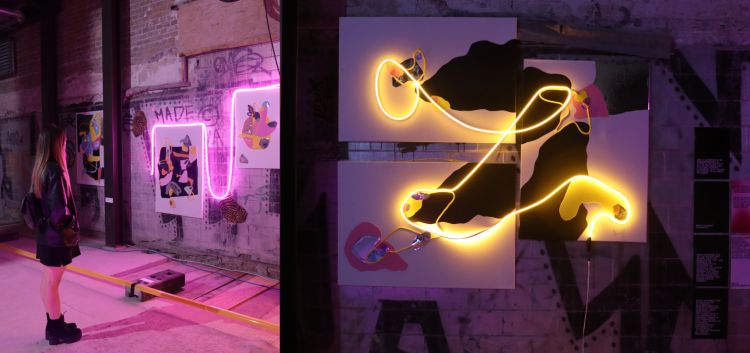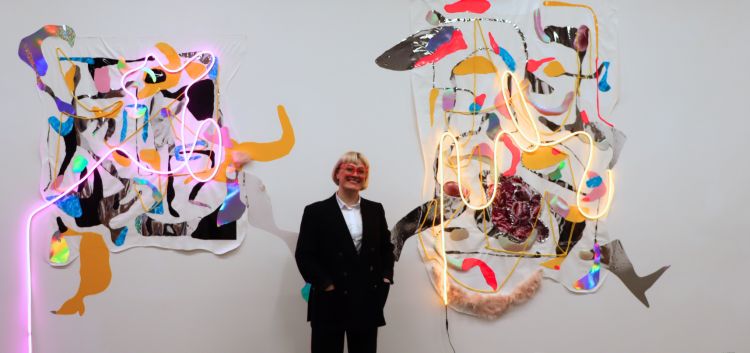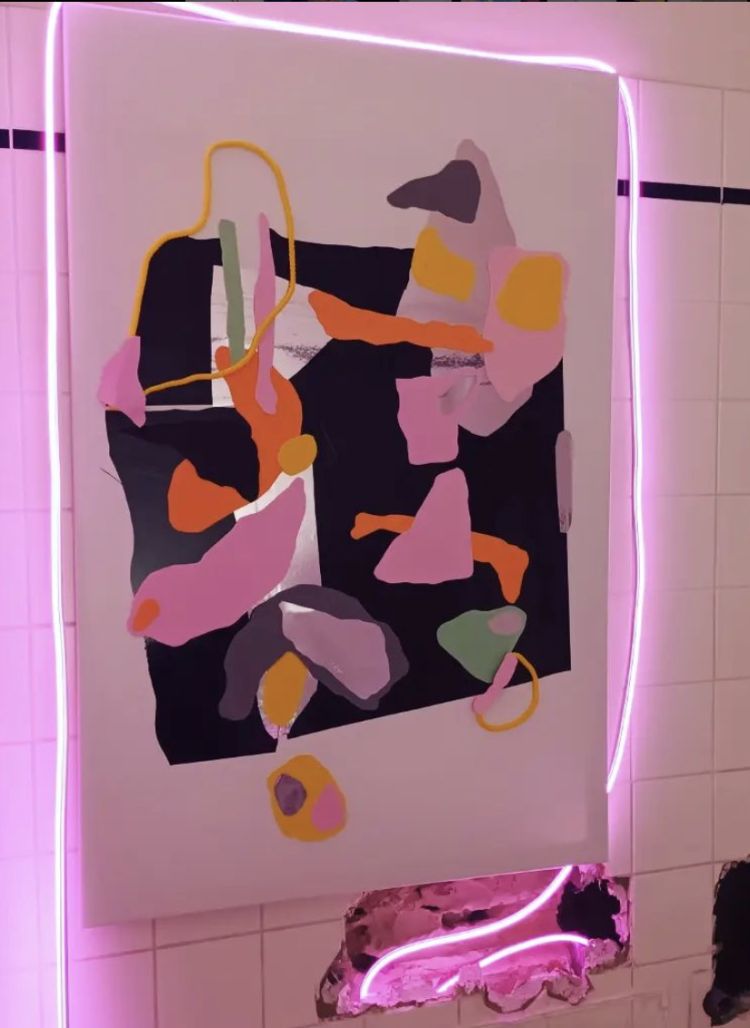Endometriosis Awareness Month: Disease is a ‘systemic issue’, AHC Research Fellow says

Endometriosis is a ‘systemic’ problem requiring a holistic approach
Endometriosis is a ‘systemic’ problem requiring a holistic approach, a Research Fellow at the University of Leeds’ Faculty of Arts, Humanities & Cultures has argued at the outset of a new interdisciplinary project exploring the issue.
Endometriosis is a disease where tissue similar to the lining of the uterus grows in other parts of the body. Endometriosis affects at least 1 in 10 girls, women and unmeasured numbers of transgender and gender-diverse individuals. Globally, the average time to receive a diagnosis of endometriosis is 6.6 years, with the United Kingdom reporting delays as long as 27 years. There is currently no cure for endometriosis.
As Endometriosis Awareness Month gets underway, Dr Alicja Pawluczuk, Research Fellow at the School of Media and Communication, said that it is vital to understand that endometriosis is not just a medical condition but a wider ‘systemic problem’ that requires an interdisciplinary and intersectional approach’.

Alicja in front of her artwork at the Breaking the Silence exhibition
Systemic injustice
‘It is really a systemic issue,’ Alicja said. ‘Systemic injustice leads to people with endometriosis symptoms often feeling powerless and neglected, without dignified care, they fall through the system's gaps. Being exposed to instances of endo violence such as prejudice and medical gaslighting – for example, being told it is "all in their head” – means many people in the UK decide to avoid medical support altogether. People from minority ethnic groups are even less likely to have their pain believed by medical professionals. The way we approach endometriosis and gendered pain is informed by centuries of medical misogyny, gender bias, racism, and narratives around 'female hysteria’.
‘In 2024, we still don’t know where endometriosis comes from or how to cure it. There are issues related to the gender health and pain gap, the way we approach the taboo around menstruation, and severe lack of funding for research. All of these factors lead to an oppressive and violent system – what I define as "endo violence”.
‘We should not simply expect medical professionals to fix the system or expect patients to fix themselves – it is not about putting a responsibility on the individual only but searching for a less violent, more holistic and people-centred approache to endometriosis care and research.’
From surgery to activism, art and research
Alicja, who has endometriosis herself, is a multidisciplinary researcher, activist and artist who started to get involved more closely with an online community of endometriosis activists in 2017.
‘I was recovering from my second surgery in Scotland and had very little support from the NHS at the time. There were moments when I thought I was dying, and I thought I would just produce some art about it,’ Alicja explains. ‘That is when I set up a secret Instagram account and I started connecting with the online community, who supported and helped me to survive this period. Thanks to the community, I have moved away from feeling ashamed by my pain and suffering and have been able to develop my artistic practice. Thanks to the University of Leeds, I am able to bring my various bits of work together into a research project.’
Alicja (also known by her artist’s name HYSTERA) is the founder of Endo Violence Magazyn and a co-founder of the Endo Violence Collective alongside Allison Rich, a filmmaker, artist and community organiser based in Miami, Florida). In 2024, she collaborated with Endometriose Academy European network, and her work has recently featured at the Breaking This Silence exhibition in Bordeaux, the Endo Violence exhibition in Berlin, and the Endometri-was exhibition in Leipzig.
In the months ahead, she will be leading a new project as part of the INLCUDE+ Network, which is funded by UKRI. Alicja hopes this will shed light on endometriosis activism and ‘digital [in]visibilties’.
‘The Endo Violence Temporalities Research Project will combine academic research, art and activism. It will involve interviews and focus groups with endometriosis activists who are active online and using digital technologies to share their experience of the disease.
‘Endometriosis online and digital civic action is crucial for endometriosis awareness. However, many endometiosis activists are exposed to online shaming, gaslighting and algorithmic discrimination - for instance, Instagram shadow banning period-related content or AI classifying endometriosis as gore. I want to learn about endometriosis activists' experiences of digital [in]visibility. I am really interested in the fact that we are expecting people to do things online and present certain realities but when disabled people do share content and talk about pain and suffering and injustice, the content can just disappear.’
The project also includes public engagement activities such as Endo Violence Magazyn co-creation and a participatory public engagement exercise creating two chat bots to model examples of best and worst practice in medical interactions with doctors.

Endometriosis-inspired artwork by Dr Alicja Pawluczuk / HYSTERIA
‘Endometriosis awareness work is a collective effort and I’d never be able to do this project without the community support I’ve received over the years,’ Alicja says. ‘I hope that my INCLUDE+ research project will shed some light on the often invisible and free digital labour, and that it will provide new spaces for solidarity and recognition of our hard work.’
More information about the project and Alicja’s wider work is available at www.hystera.online and www.endoviolence.com. Alicja can be contacted at a.pawluczuk@leed.ac.uk.




